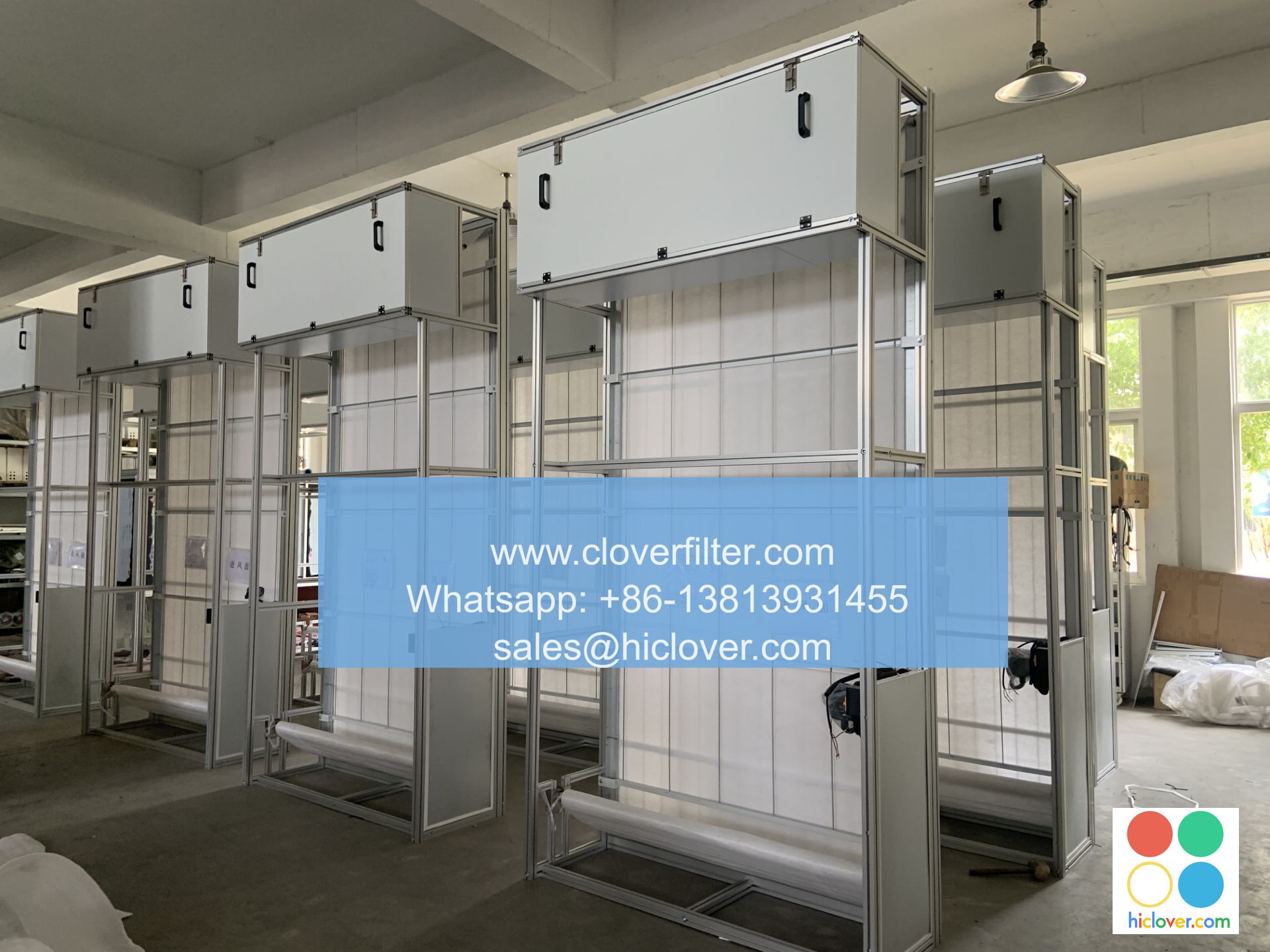The Top 10 Energy-Efficient Air Filter FAQs for Your Home

The Top 10 Energy-Efficient Air Filter FAQs for Your Home: Unlock the Benefits of Better Air Quality and Savings
Energy-Efficient Air Filters: A Step Towards a Healthier and More Sustainable Home
As homeowners, we’re always on the lookout for ways to reduce our energy consumption, save money, and improve our living spaces. One often-overlooked aspect of home maintenance is the air filter. In this article, we’ll explore the top 10 energy-efficient air filter FAQs, shedding light on the benefits of using high-quality air filters in your home and highlighting various application areas where they can make a significant impact.
Why Do Air Filters Matter?
Before we dive into the FAQs, let’s quickly touch on why air filters are crucial for a healthier and more sustainable home. Indoor air quality is a significant concern, as it can be polluted by dust, allergens, and pollutants that can aggravate respiratory issues, trigger allergies, and even exacerbate asthma. Traditional air filters may not provide adequate protection, leading to a buildup of contaminants and negative health effects. Energy-efficient air filters, on the other hand, offer superior filtration capabilities, reducing energy consumption, and allergy concerns.
Top 10 Energy-Efficient Air Filter FAQs
-
What is the best air filter for my home?
The best air filter for your home depends on your specific needs, including your family’s health concerns, climate, and the type of HVAC system you have. Consult with a professional to determine the most suitable filter for your situation. -
How often should I change my air filter?
Regularly changing your air filter is essential to maintain optimal performance and energy efficiency. The recommended replacement interval varies from 1-3 months, depending on usage and manufacturer guidelines. -
What type of air filter is more energy-efficient: fiberglass or pleated?
Pleated filters are generally more energy-efficient than fiberglass filters due to their increased surface area, allowing for better airflow and reduced pressure drop. -
Can I use a HEPA filter in my whole house?
HEPA (High Efficiency Particulate Air) filters are ideal for specific areas or rooms, but whole-house applications may be too restrictive and expensive. MERV (Minimum Efficiency Reporting Value) filters are often a better choice for whole-house applications. -
How do I choose the right size of air filter for my home?
Measuring your home’s air ducts and consulting with a professional will ensure you select the correct size and type of filter for optimal performance. -
Can I install an air filter myself?
While installation is relatively straightforward, it’s recommended to hire a professional, especially if you’re unsure or uncomfortable with DIY projects. They can assess your system and provide expert installation. -
What are the benefits of using an air purifier in addition to an air filter?
Air purifiers are designed to target specific pollutants, such as odors, germs, and pollutants, while air filters focus on larger particles and allergens. Combining both can create a comprehensive solution for improved indoor air quality. -
Are high-quality air filters more expensive?
While they may be more costly upfront, high-quality air filters can save you money on energy costs in the long run, reduce maintenance demands, and improve overall indoor air quality. -
Can I use a reusable air filter?
Reusable filters can be a cost-effective option, but be aware that they may require frequent cleaning and may not be as effective as disposable filters in removing pollutants and allergens. - How do I monitor the performance of my air filter?
Regularly check your air filter’s performance by monitoring your HVAC system’s energy consumption, air quality, and any changes in system sounds or smells. Adjust or replace the filter as needed to maintain optimal performance.
Conclusion
In conclusion, choosing the right air filter for your home can have a significant impact on your family’s health, energy consumption, and overall well-being. By understanding the top 10 energy-efficient air filter FAQs, you can navigate the world of air filtration and make informed decisions for a healthier, more sustainable home. Remember to prioritize air quality, consider your specific needs, and choose high-quality filters to breathe easy and save energy.
I’m happy to help with a prompt! What would you like to talk about or ask? Do you have a specific topic in mind or would you like me to suggest some options? I’m here to help and provide information on a wide range of topics, from science and technology to culture and entertainment. Just let me know!


